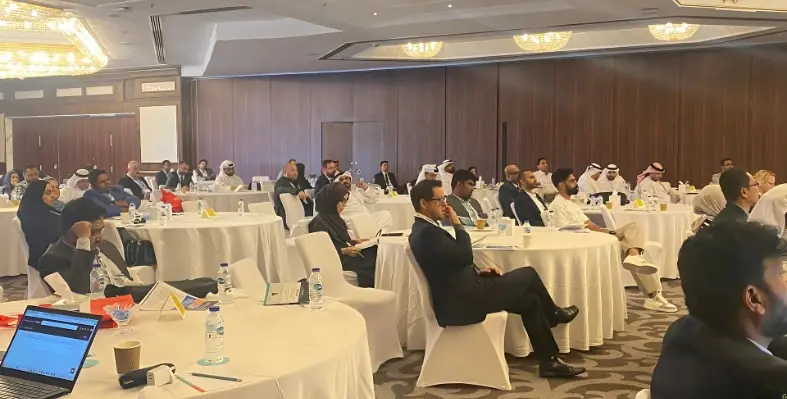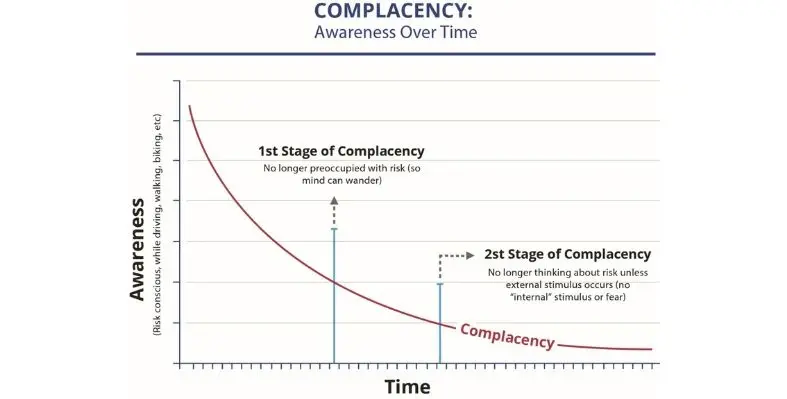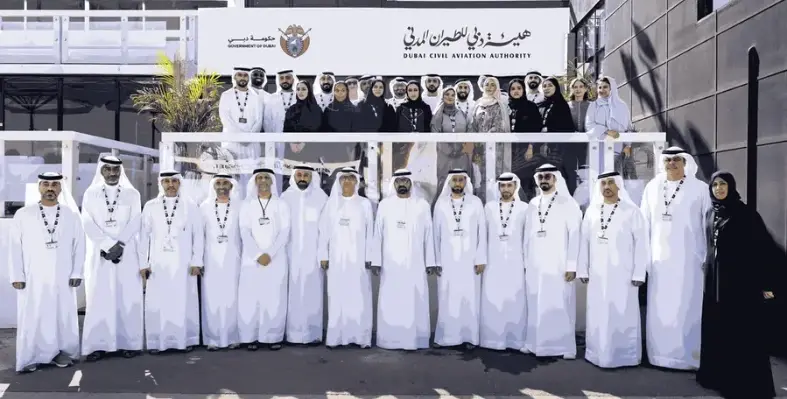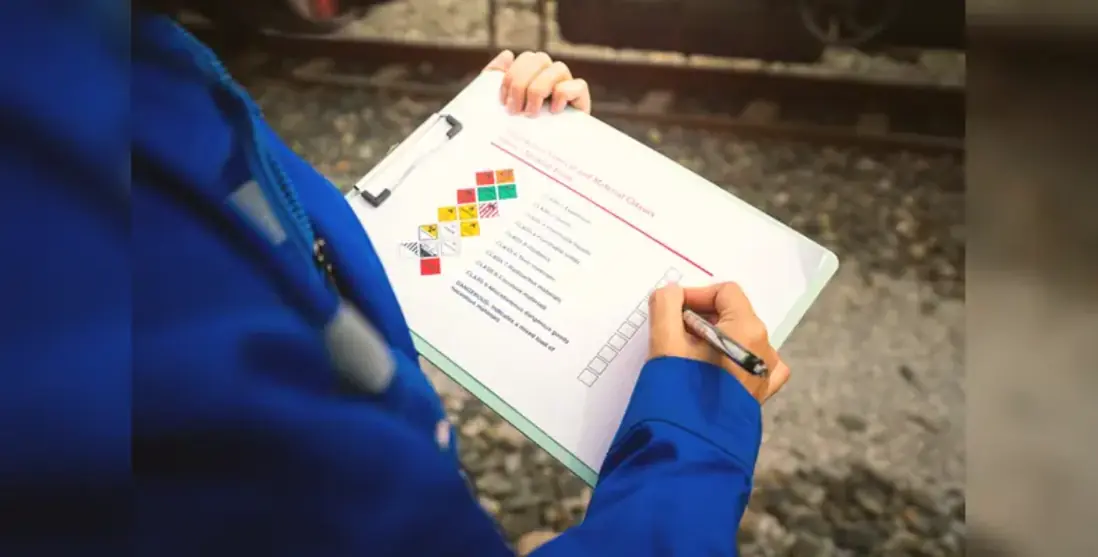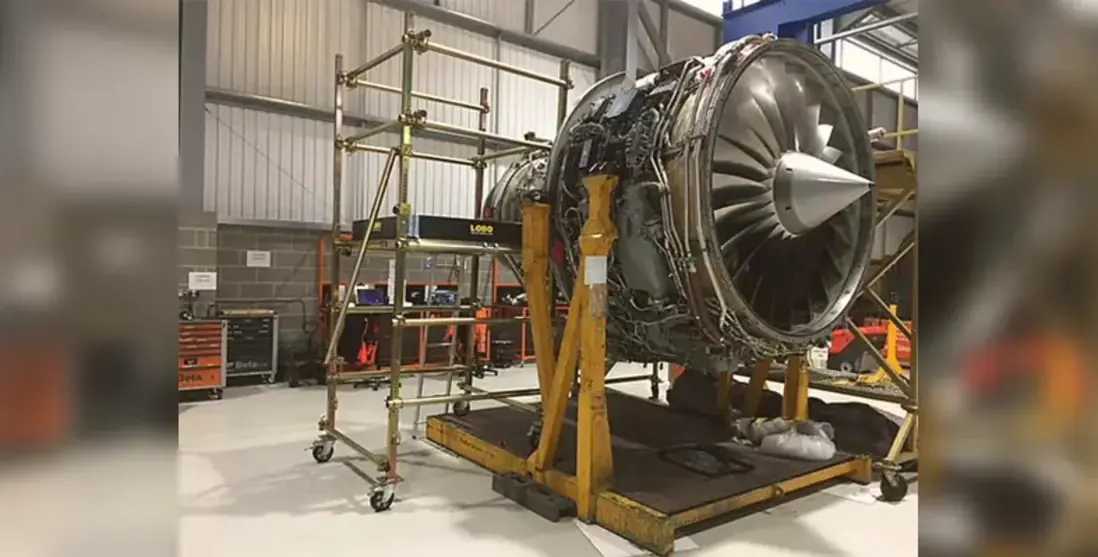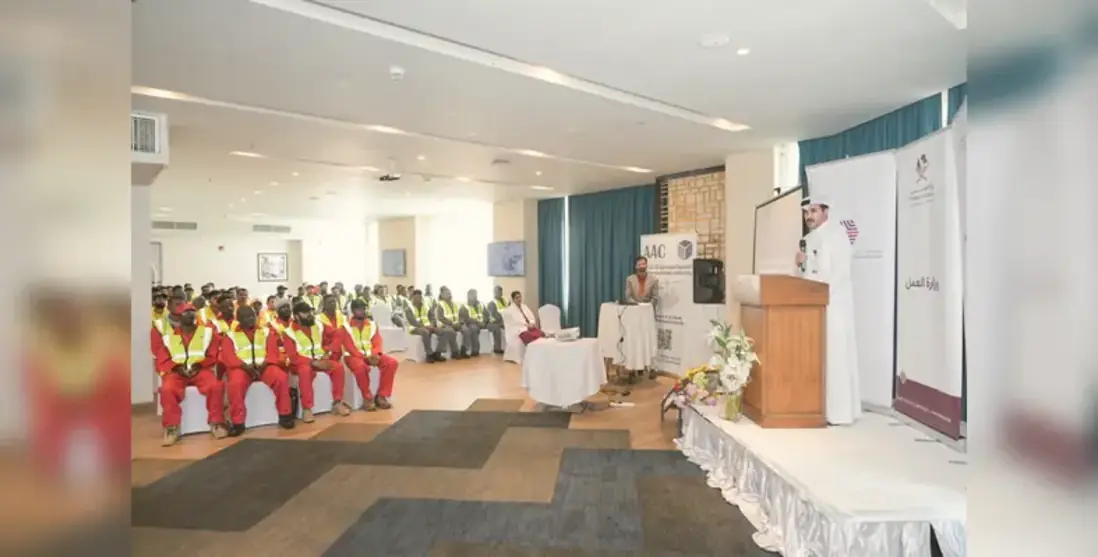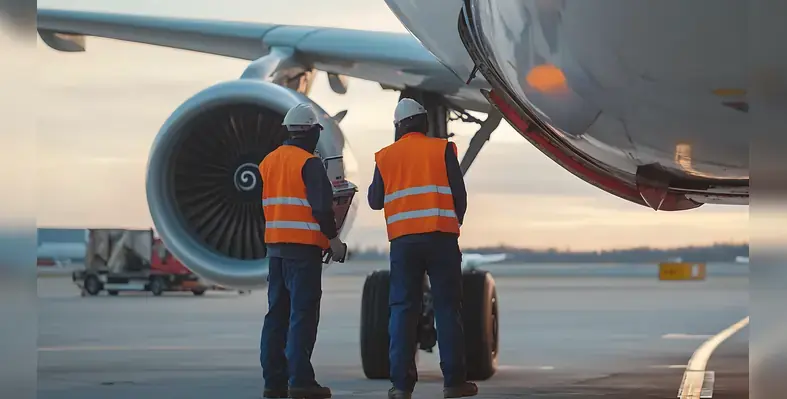Dubai’s Roads and Transport Authority (RTA) has entered into a strategic agreement with Pony.ai, a global leader in autonomous driving technology, to launch pilot trials of self-driving vehicles in the emirate.
Set to begin later this year, the trials represent a major step toward the introduction of a fully driverless commercial mobility service by 2026.
Pony.ai, which has collaborated with top automotive manufacturers including Toyota, GAC, and BAIC, recently introduced its seventh-generation autonomous vehicle. The new fleet features cutting-edge artificial intelligence, integrated with a sophisticated sensor system that includes lidars, radars, and cameras, engineered to enable safe and accurate navigation across complex road networks and diverse weather conditions.
The company’s broader ecosystem also includes partnerships with technology giants Tencent and Alibaba, allowing its robotaxi services to be embedded into widely used platforms such as WeChat and Alipay, offering a seamless user experience.
The MoU was signed in the presence of RTA Director General and Chairman of the Board of Executive Directors Mattar Al Tayer, and Dr. Leo Wang, Chief Financial Officer of Pony.ai. Representing RTA was Ahmed Hashim Bahrozyan, CEO of the Public Transport Agency, while Ann Shi, Vice President of Strategy and Business Development, signed on behalf of Pony.ai. Several senior officials from both organisations also attended the ceremony.
Mattar Al Tayer praised the partnership, noting that it aligns with Dubai’s ambition to become a global hub for autonomous mobility. He highlighted that Pony.ai’s decision to choose Dubai as its international expansion base reflects the emirate’s growing status as a testbed for next-generation transport solutions.
Pony.ai CFO Dr. Leo Wang highlighted the regional significance of the partnership, "The collaboration with Dubai RTA exemplifies our commitment to deploying Level 4 autonomous technology in strategic global markets. By aligning our technological capabilities with RTA's visionary leadership, we're establishing foundational standards for intelligent transportation ecosystems across the MENA region.
“The operation of autonomous taxis contributes to the integration of transport systems by facilitating the movement of public transport users and improving access to their final destinations in line with the first and last-mile strategy. Operating autonomous taxis will enhance the quality of life for residents and visitors in Dubai, improve road safety, and offer greater convenience in daily mobility across the emirate.”
“Autonomous mobility has become a present reality. Leading global companies are accelerating the development of technologies and software that power autonomous vehicles, while governments—through the relevant licensing and regulatory authorities—are working to provide the necessary infrastructure and establish the legislative and regulatory frameworks required to enable their operation.”
Al Tayer added, “RTA’s continued expansion of partnerships with leading global companies in the field of autonomous mobility marks a key step towards achieving the Dubai Smart Self-Driving Transport Strategy, which aims to convert 25% of all trips in Dubai into autonomous journeys across various modes of transport by 2030. It underscores RTA’s commitment to working closely with global technology leaders to advance the future of smart, efficient, and sustainable mobility.”










